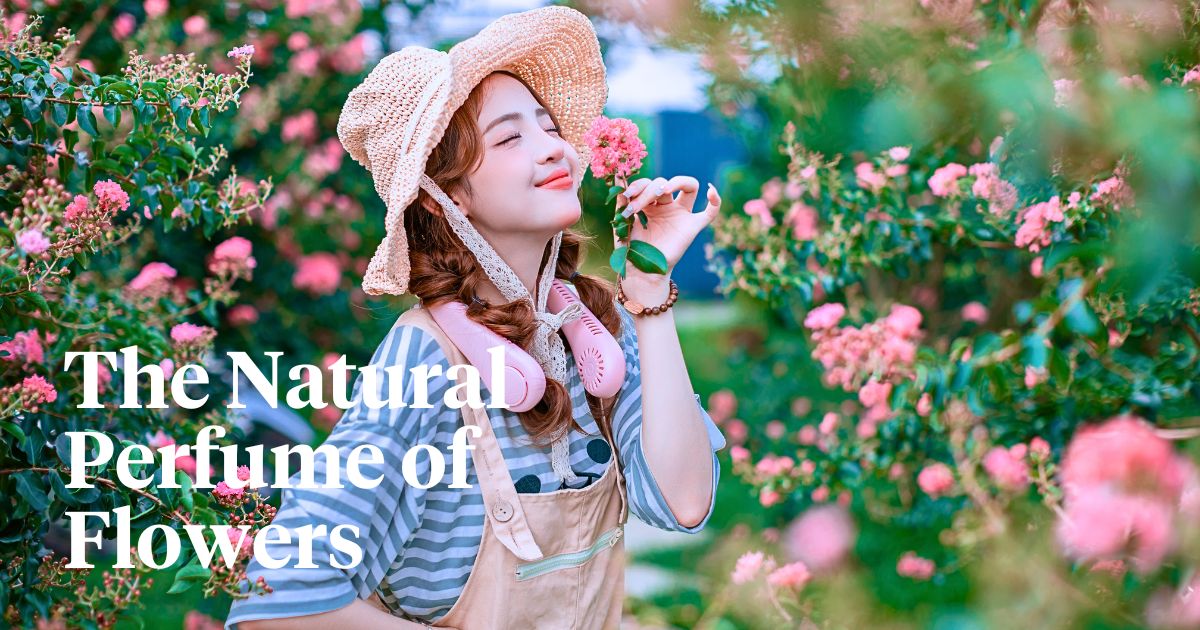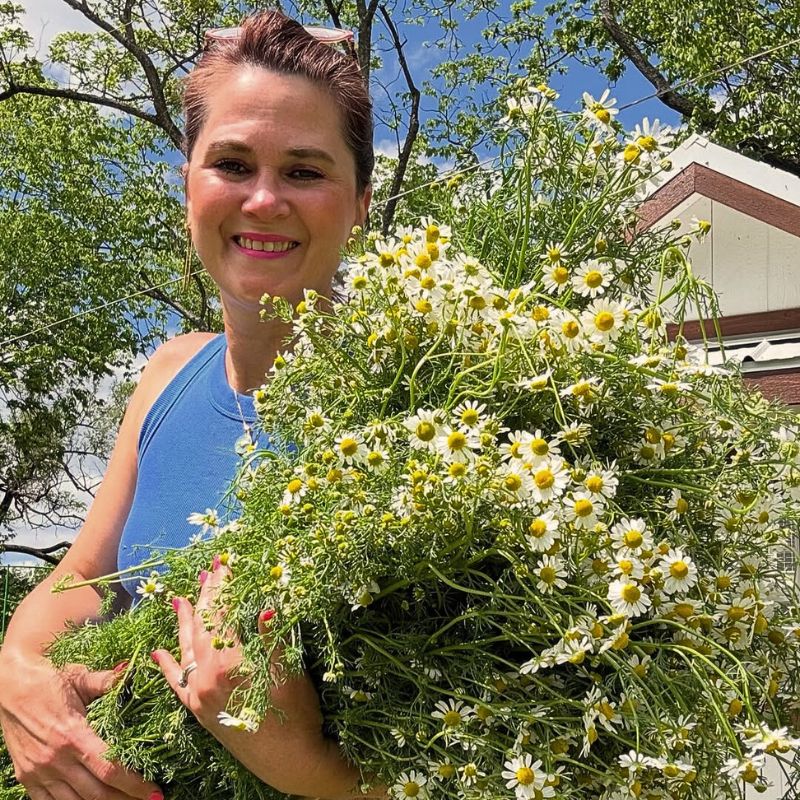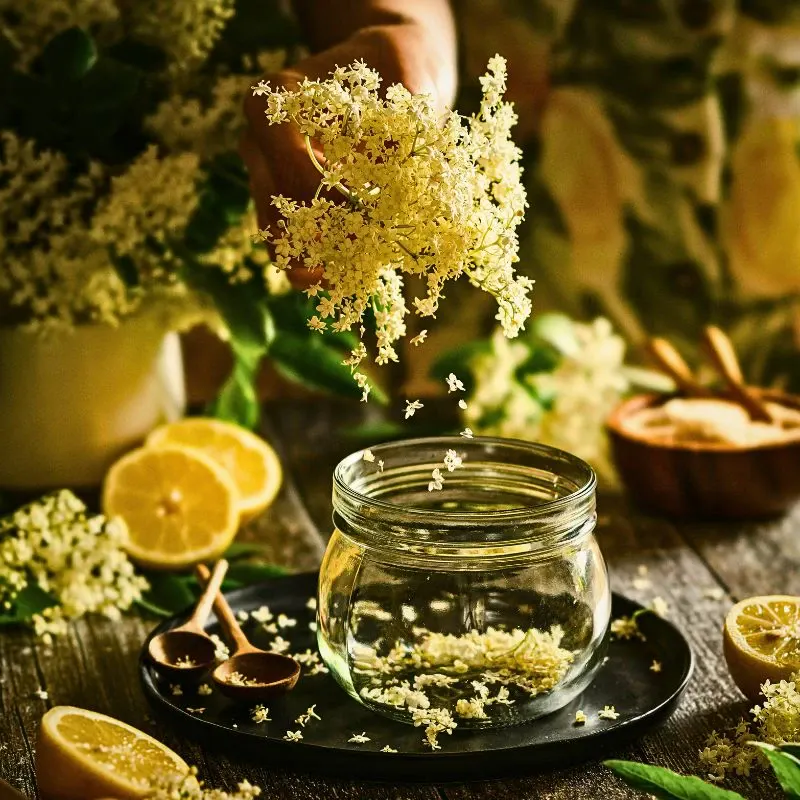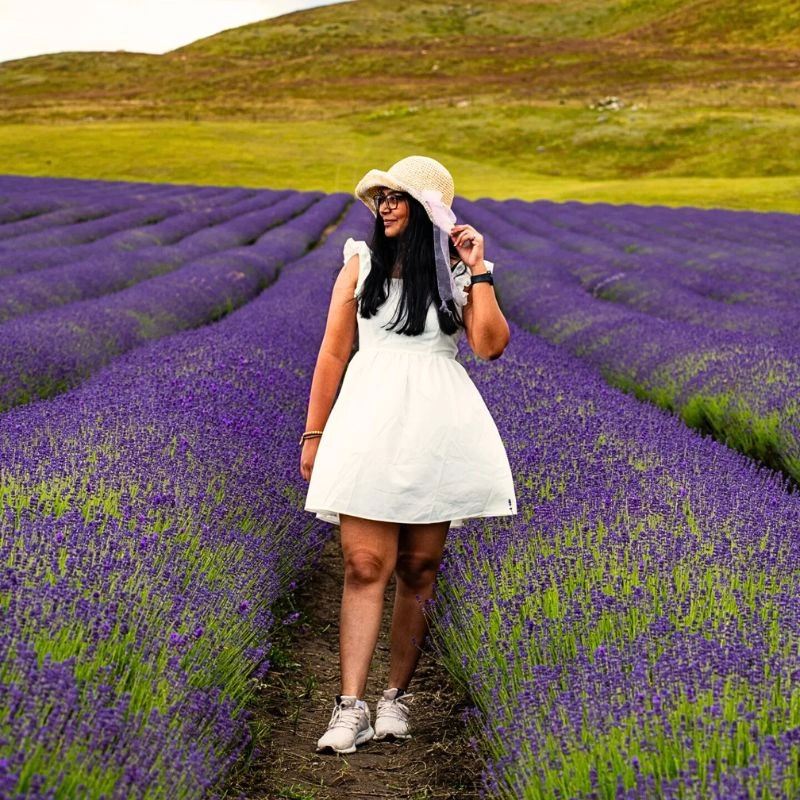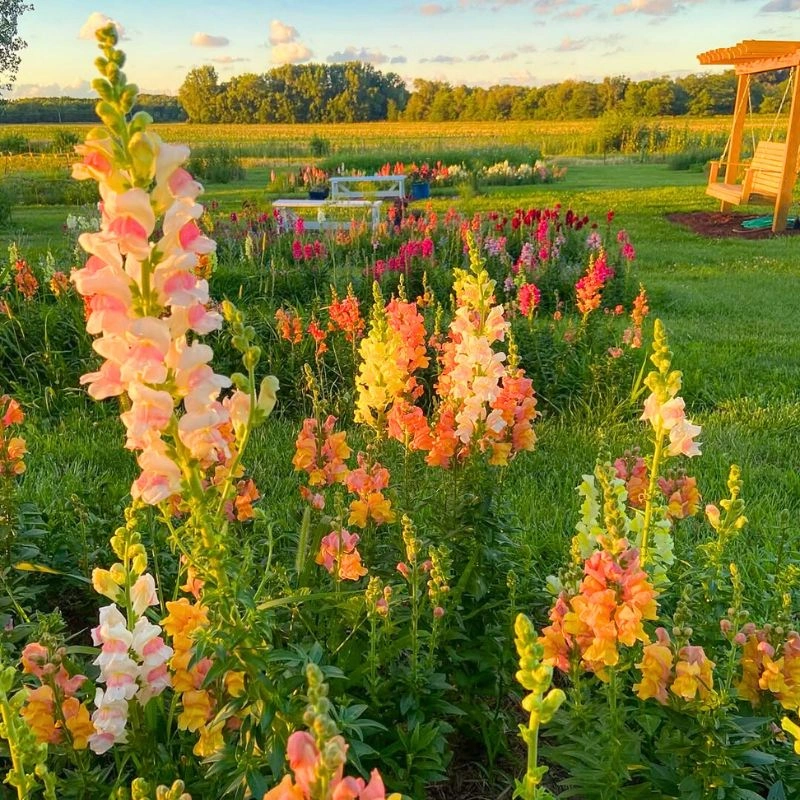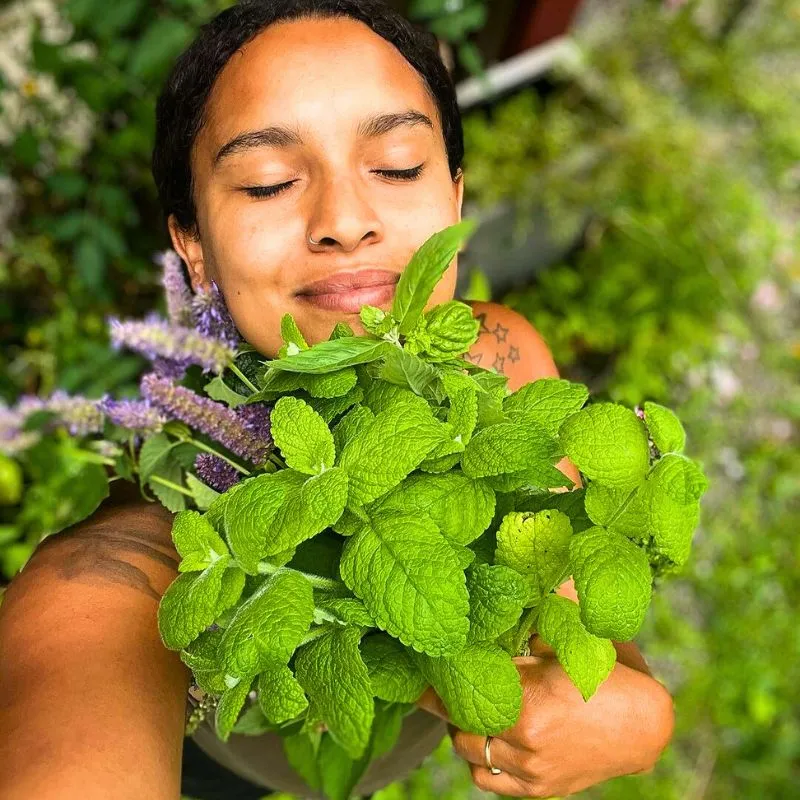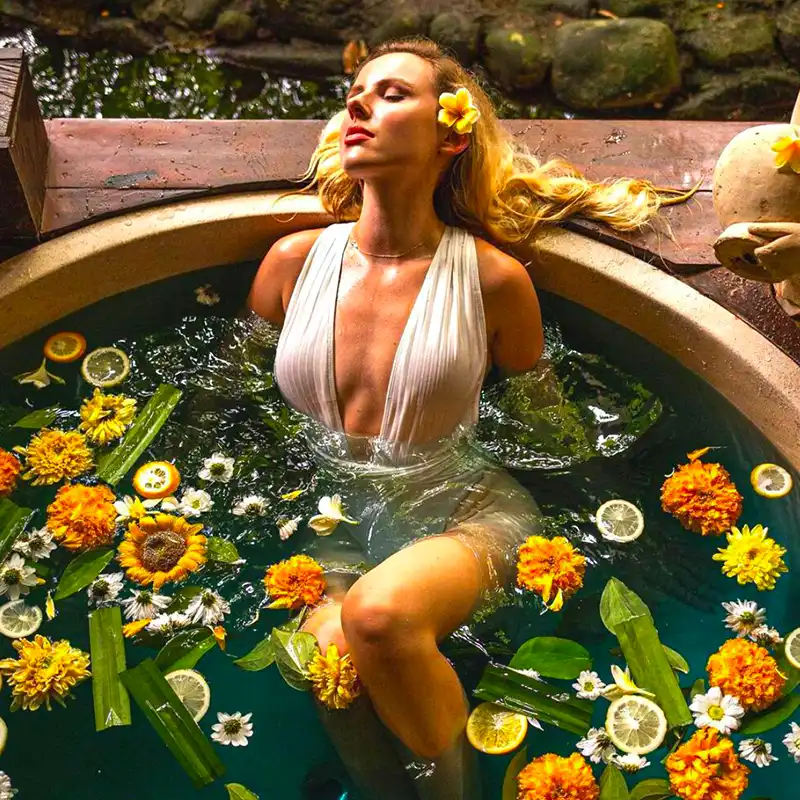The fragrant aroma of flowers is a phenomenon that has, for years, been a source of intrigue and fascination. The emotion that comes with flowers through their scent is one of many reasons why they are so loved. For instance, when you enter a room and it’s filled with a perfume that makes you smile, the feeling it creates is instant happiness. The scent of flowers works, practically, the same way.
But what exactly creates these alluring aromas? Where does this smell come from, and why do all flowers have a different scent? The answer lies in a fascinating combination of biology and chemistry. Science, in essence, has made clear why there are scented flowers and where these scents come from.
Scented Flowers: Why Do Flowers Produce Scents?
Flowers produce scents through specialized cells called osmophores. These are located in various parts of the flower, such as petals, sepals, or even the stem. These flower cells contain tiny sacs filled with volatile organic compounds (VOCs), which are molecules that readily evaporate into the air.
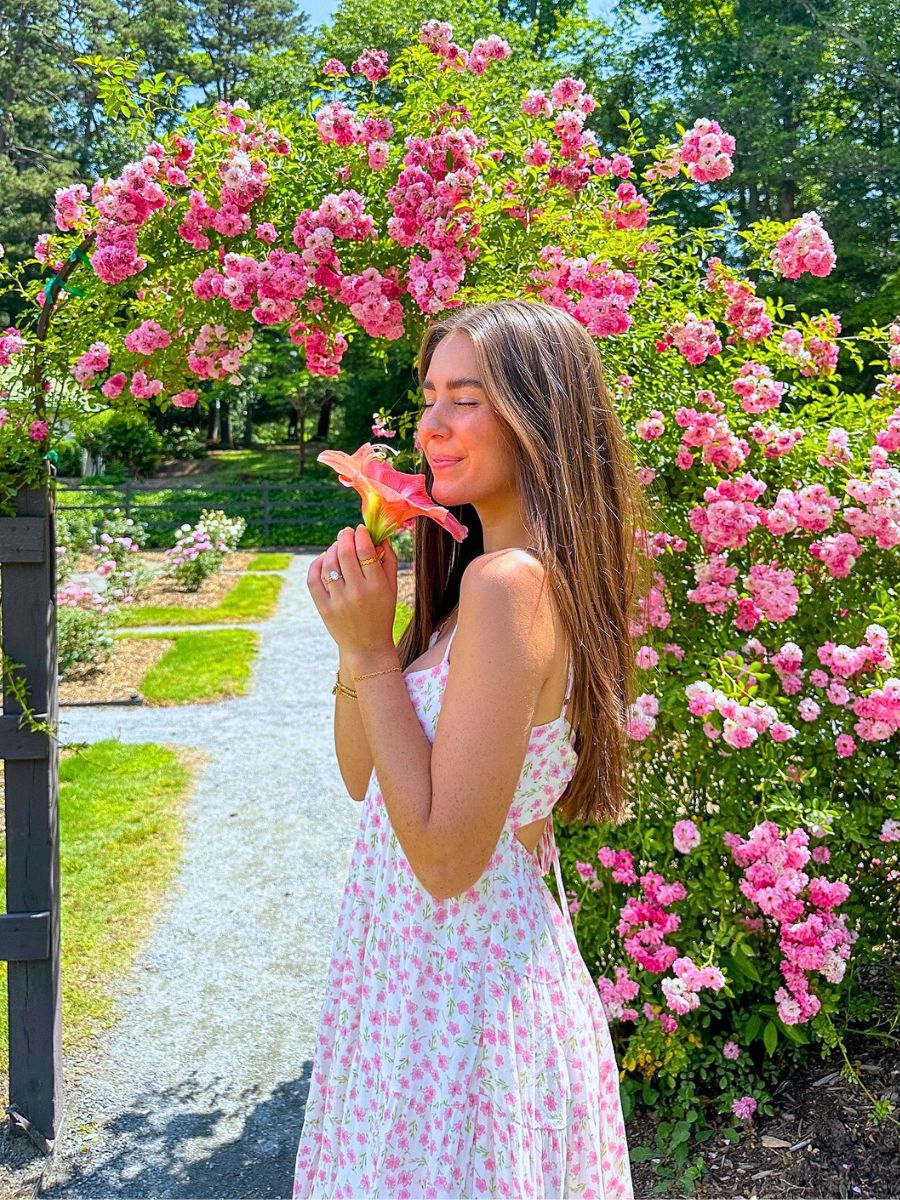
Photo by @jadynmarieharger
These VOCs are the building blocks of floral scents. They are produced through complex biochemical pathways within the plant, often involving enzymes and specific genes. The type and quantity of VOCs produced determine the unique fragrance of each flower. But why do flowers go to the effort of producing these scents? The answer lies in their evolutionary purpose: pollination.
Flowers have evolved to attract pollinators, such as bees, butterflies, and hummingbirds, to facilitate the transfer of pollen and ensure successful reproduction. The alluring scents are, therefore, a powerful attractant, leading the pollinators towards the nectar and pollen rewards within the flower.
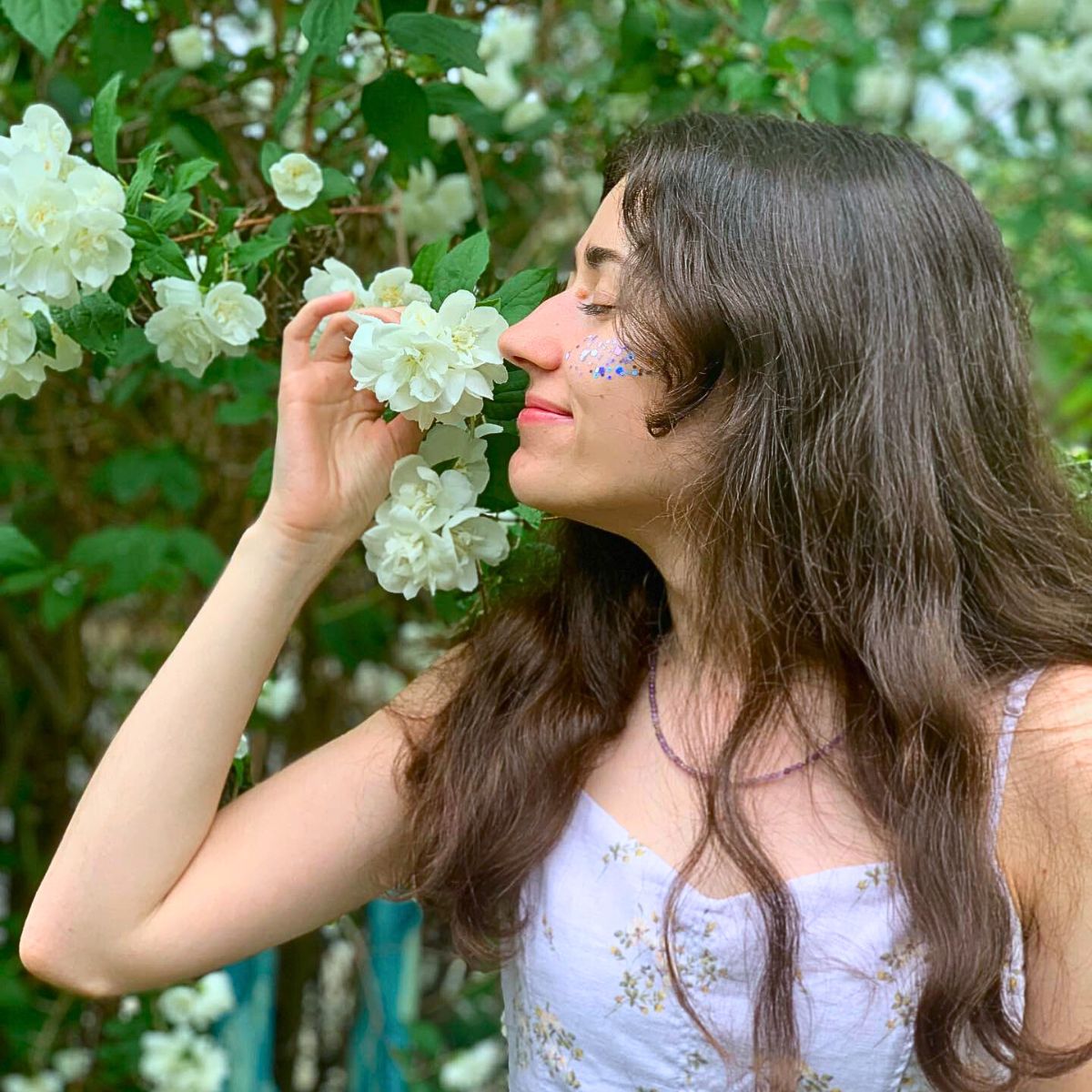
Different scents appeal to different pollinators, leading to a diverse array of floral fragrances in nature. For example, sweet, fruity scents often attract bees, while spicy, musky scents are more appealing to butterflies. Some flowers even mimic the scent of a specific pollinator's pheromones, further increasing their chances of successful pollination.
Thus, the floral scents that people smell on flowers are, actually, just a bonus for humans, but a necessity for the flowers' survival; alluring to pollinators and turning away predators. Most of the scents are lovely, sometimes it’s a scent that people do not like. But they are all for the flower's survival, nonetheless.
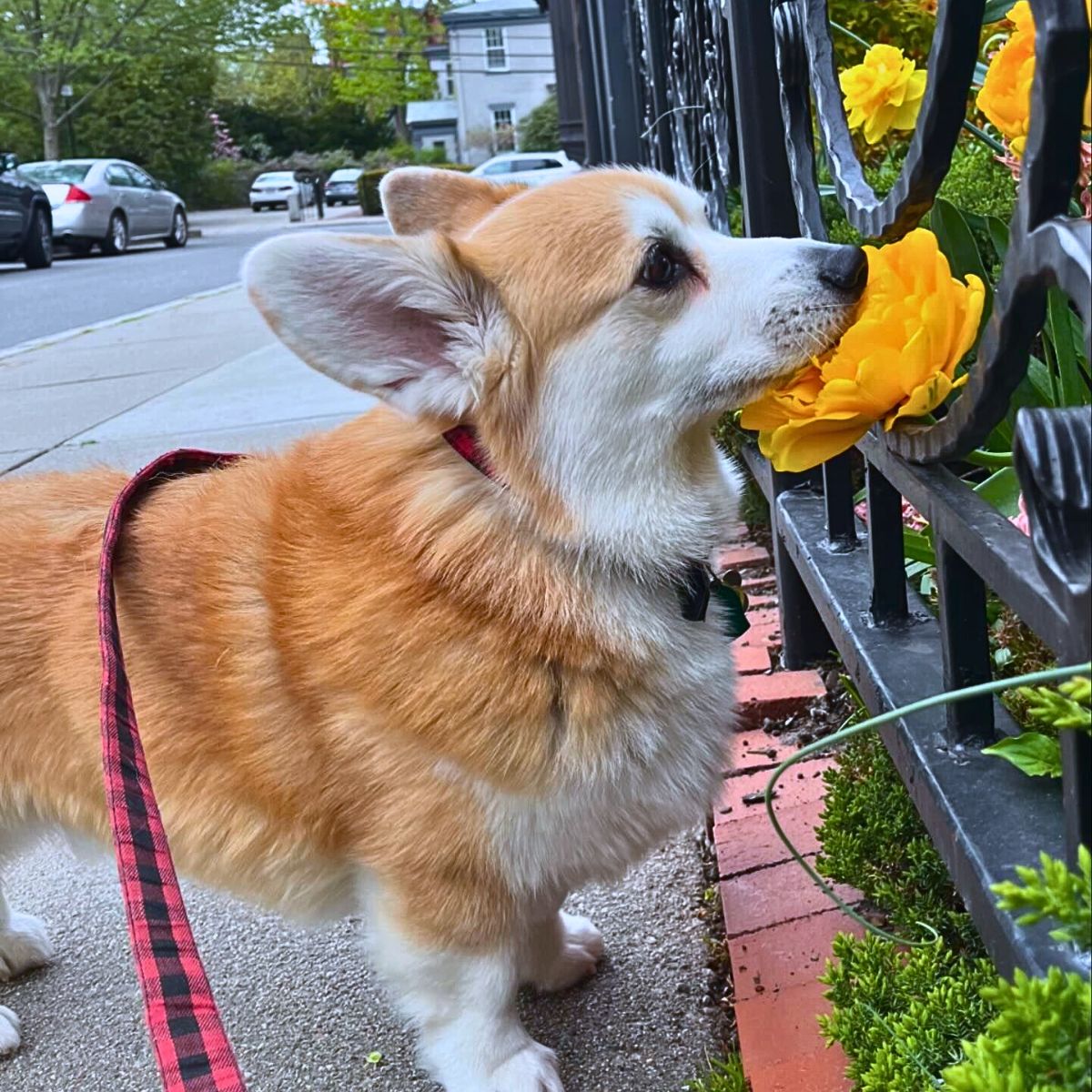
Photo by @parsnipthecorgi
How Does Nature Operate When It Comes to Flower Scents?
When the flower is ready for fertilization, it produces a unique floral musk to signal pollinators. Pollinators such as hummingbirds, bees, and butterflies are drawn to the scent. And, by going from flower to flower, complete the process of transferring pollen to an egg, creating fertile seeds.
If an herbivore animal approaches a flower, however, an unpleasant scent of cardiac and steroidal glycosides is produced within the bloom, acting as the flower's form of protection against being eaten by the herbivore.
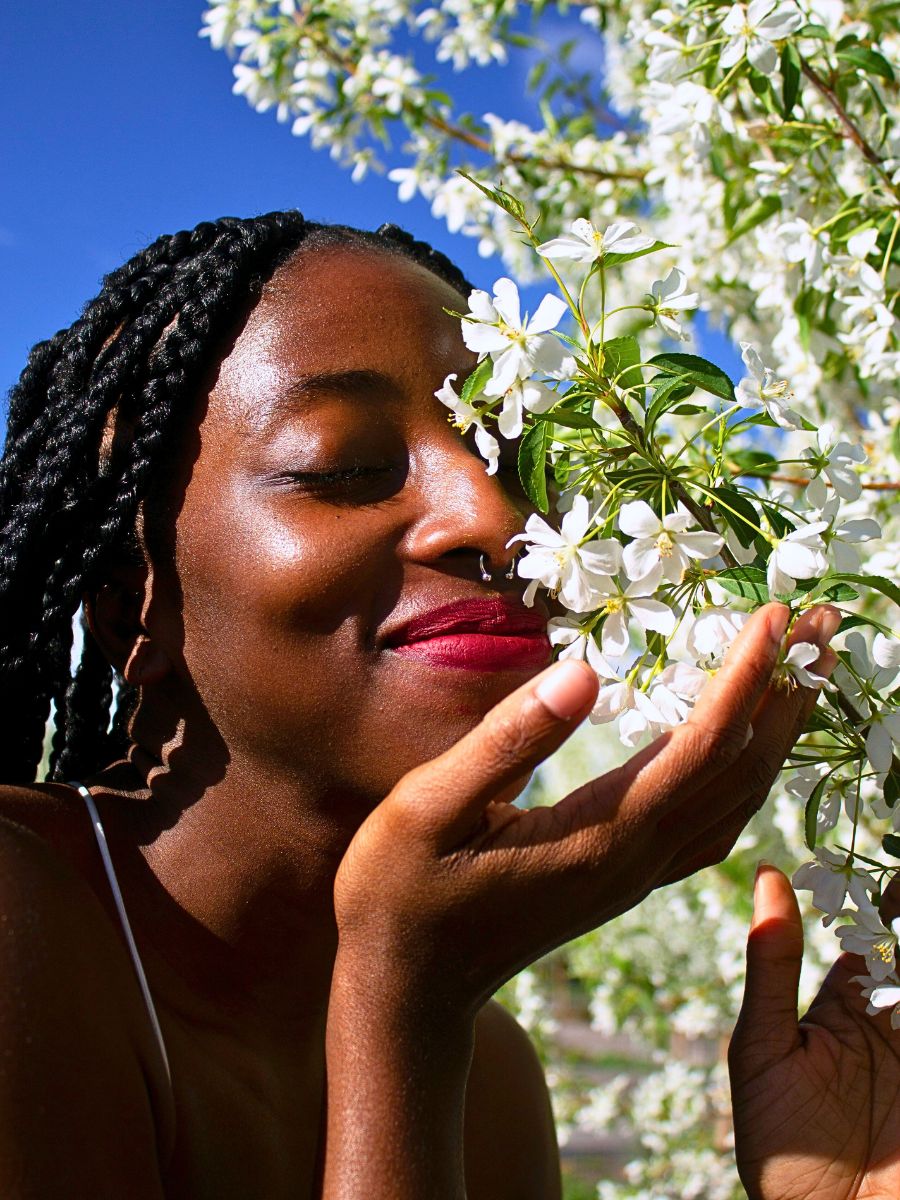
How Is a Flower's Scent Created?
A flower's scent is created within the petals where essential oils are stored. During warm weather, the oils combine and evaporate, producing a unique scent for every flower to attract pollinators. The most common oil scent given off by scented flowers is methyl benzoate.
According to Wholesale Botanics, essential oils are made up of a mix of individual terpenes. For instance, cannabis terpenes like Myrcene are responsible for the plant's unique dank smell, lavender's distinct smell comes from the terpene Linalool, and pine trees' fresh aroma is derived from Pinene.
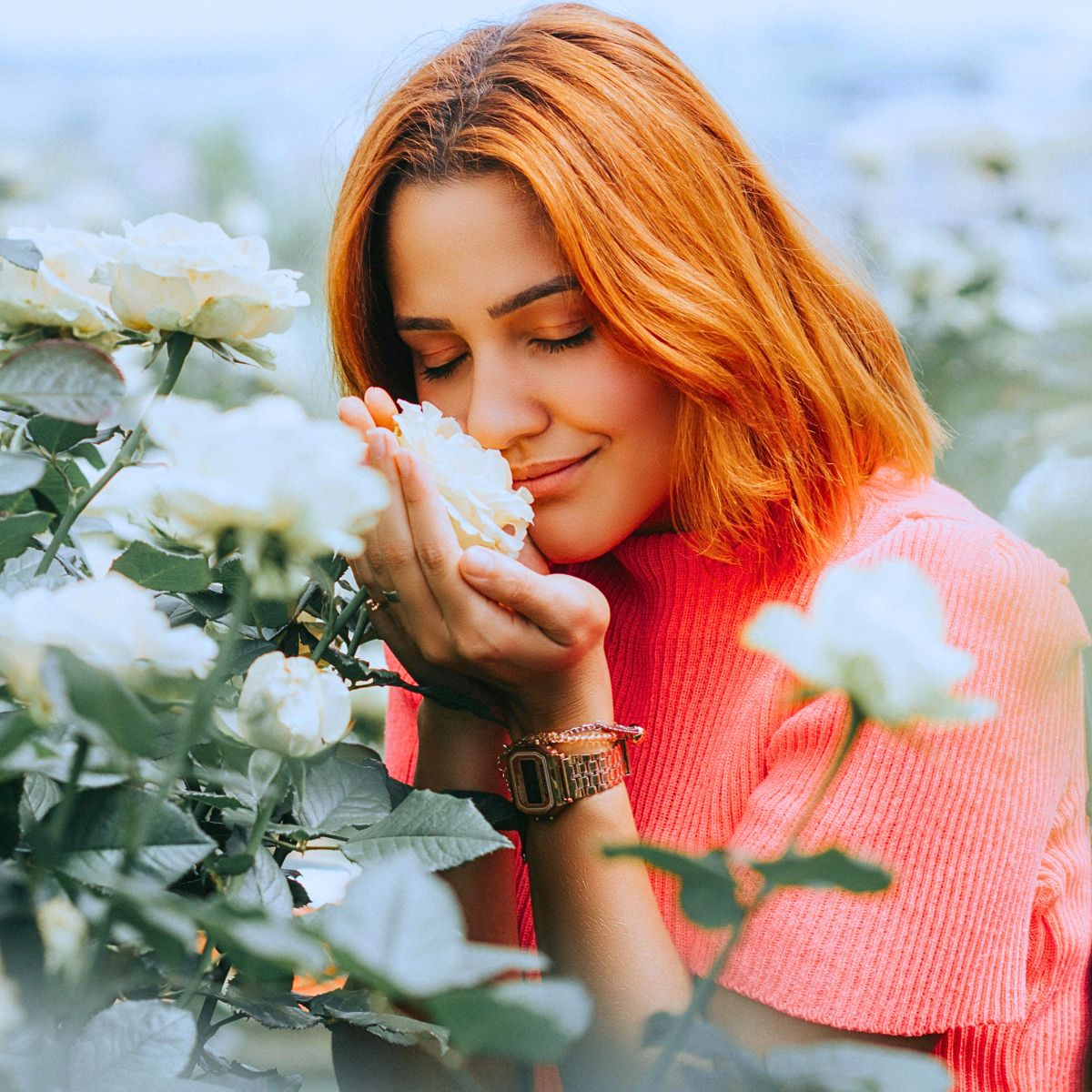
Each flower variation has a specific scent to guide pollinators — or other beneficial insects — from one flower to another, heightening the chances of pollen being successfully fertilized. Some flowers, like the corpse flower, emit an unpleasant or putrid scent to attract flies and beetles that lay their eggs in rotting flesh. Even so, once a flower has been pollinated, the hormone ethylene is produced within the bloom.
That stops methyl benzoate, the chemical responsible for the scent, from further being released. This encourages pollinators to be drawn toward other flowers that haven't yet been fertilized to continue the process.
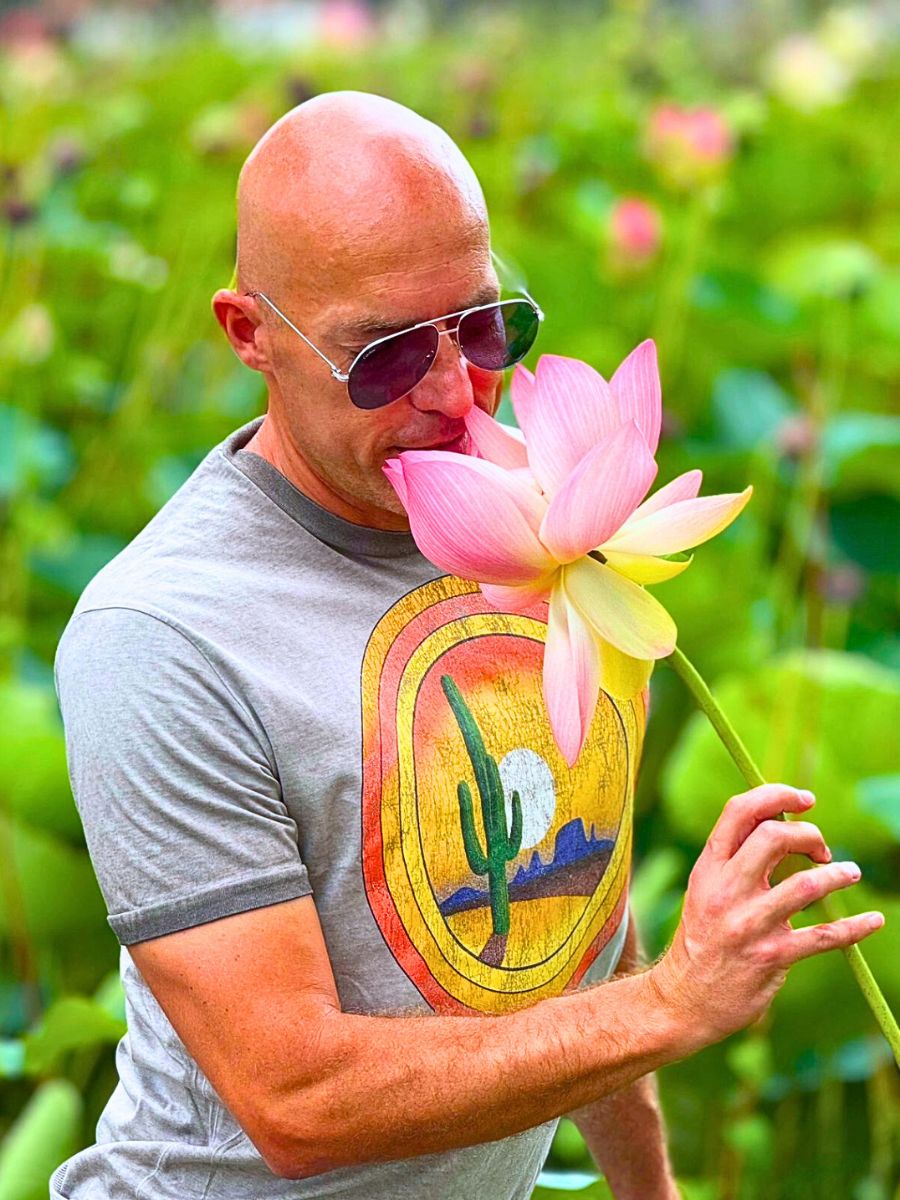
Photo by @bojangolden
Also, noteworthy is that various factors, including genetics, environmental conditions, and the stage of development can influence the scent of a flower. Other factors that can affect the smell of a flower include temperature, humidity, and the amount of sunlight the flower receives.
Flowers can also produce different scents at different times of the day. For example, some may release stronger scents in the early morning or late evening to attract nocturnal pollinators such as moths.
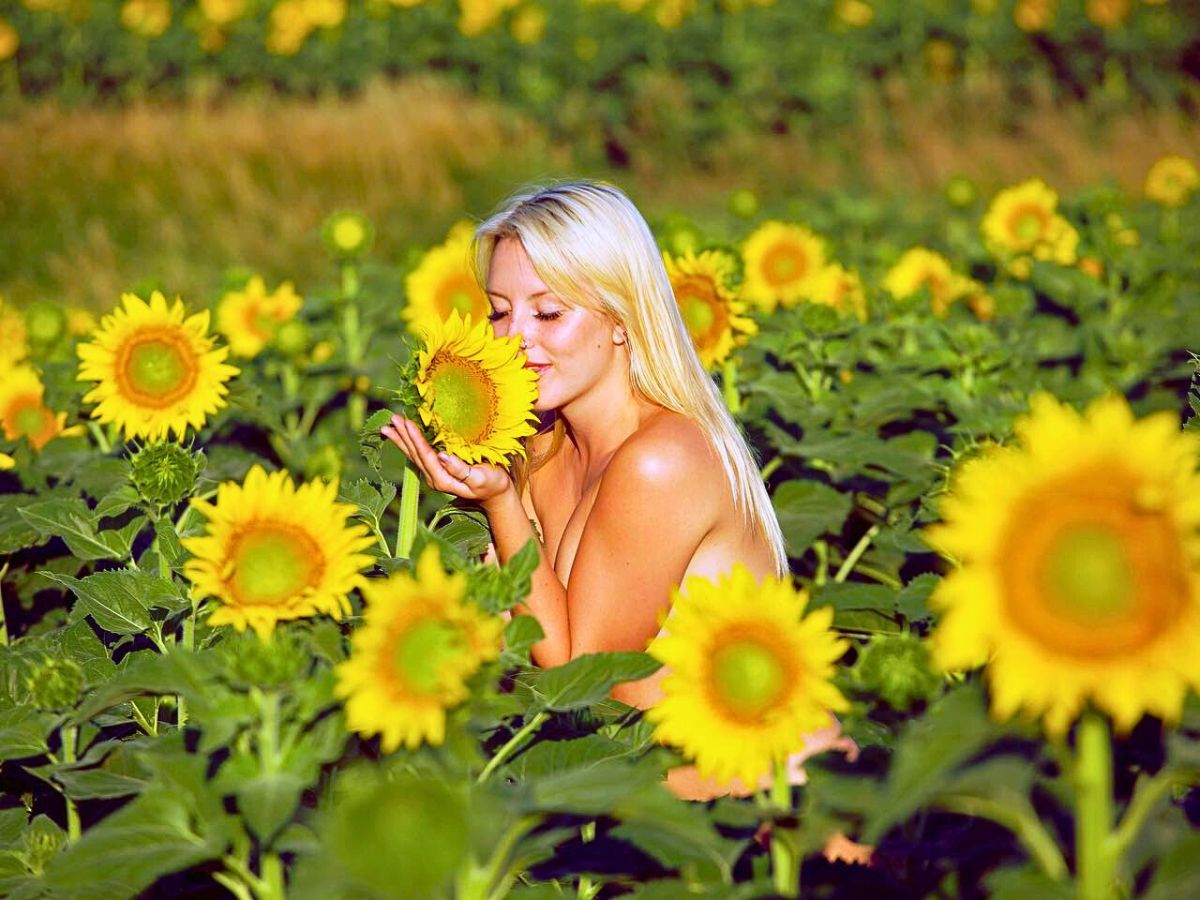
The Importance of Floral Scent and Why Don’t All Flowers Smell?
People's sense of smell is an often overlooked, but important feature in the human experience. Floral scents have many benefits to people. These sweet smells of flowers have different effects on humans. They can, for instance, link people to their pasts, memories, and the people or things they love. The sweet smell of garden roses in bloom, the delightful scent of hyacinths, or the familiar and comforting scent of lavender can immediately bring them back to a specific time and place in their lives. It is no wonder there is a growing popularity of natural floral perfumes.
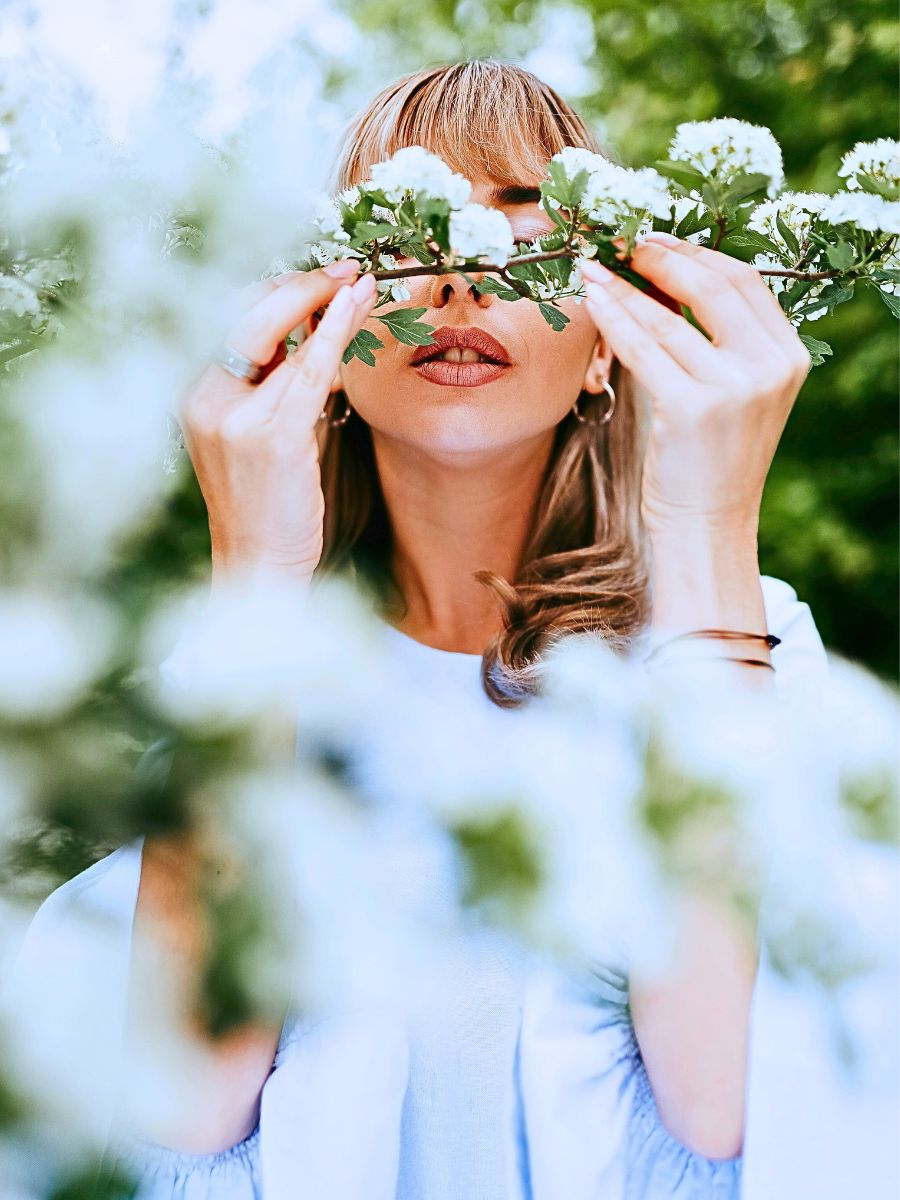
One of the first instincts when one sees a bunch of flowers, is to stick their noses in them to catch a whiff of scent. Sometimes they tend to be disappointed when there is no scent. So why, one may ask, is it that not all flowers smell?
The most important point to note about this — why not all flowers smell — is that humans can only smell so much. People's sense of smell is not as refined as those of a lot of animals — dogs for instance can smell something from as far as 20 km in the right conditions. Other creatures have completely different olfactory (the sensation of smell) abilities than people.
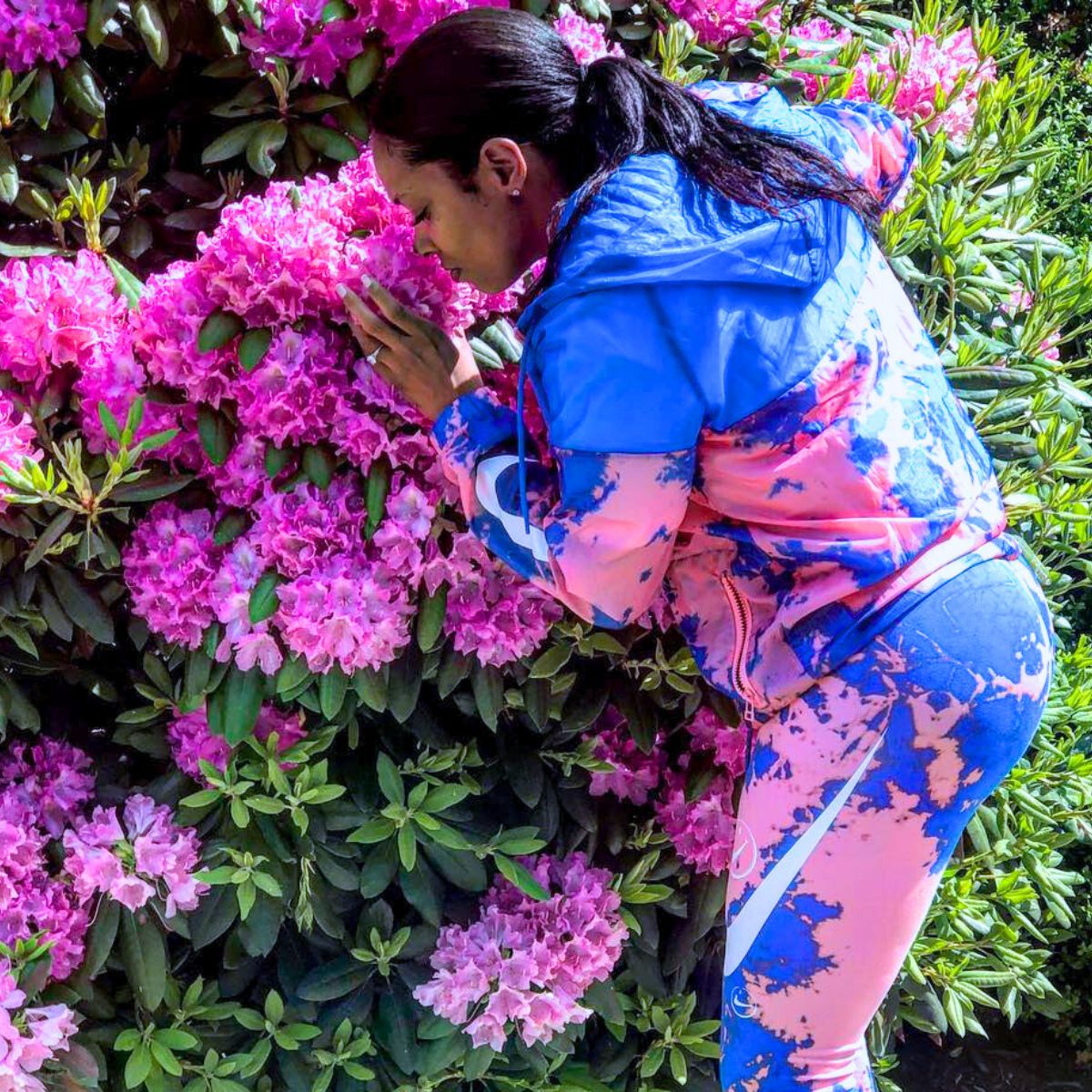
Photo by @alexismajor
Therefore, it is a logical possibility that some flowers don't smell like anything to humans but have a distinctive scent for their pollinators and other animals. Another reason is that many flowers sold in florist shops have been bred for color, size, and vase life, and the scent got lost in the breeding process. On top of that, some flowers get pollinated by the wind or by water so they don't require a scent to attract pollinators.
Buying Scented Flowers
Whether one opts for a classic rose, calming lavender, or the intoxicating gardenia, when one walks into a flower shop there are usually varieties of natural perfumes. People are often so busy admiring the visual feast that they forget to stop and inhale the aromas.
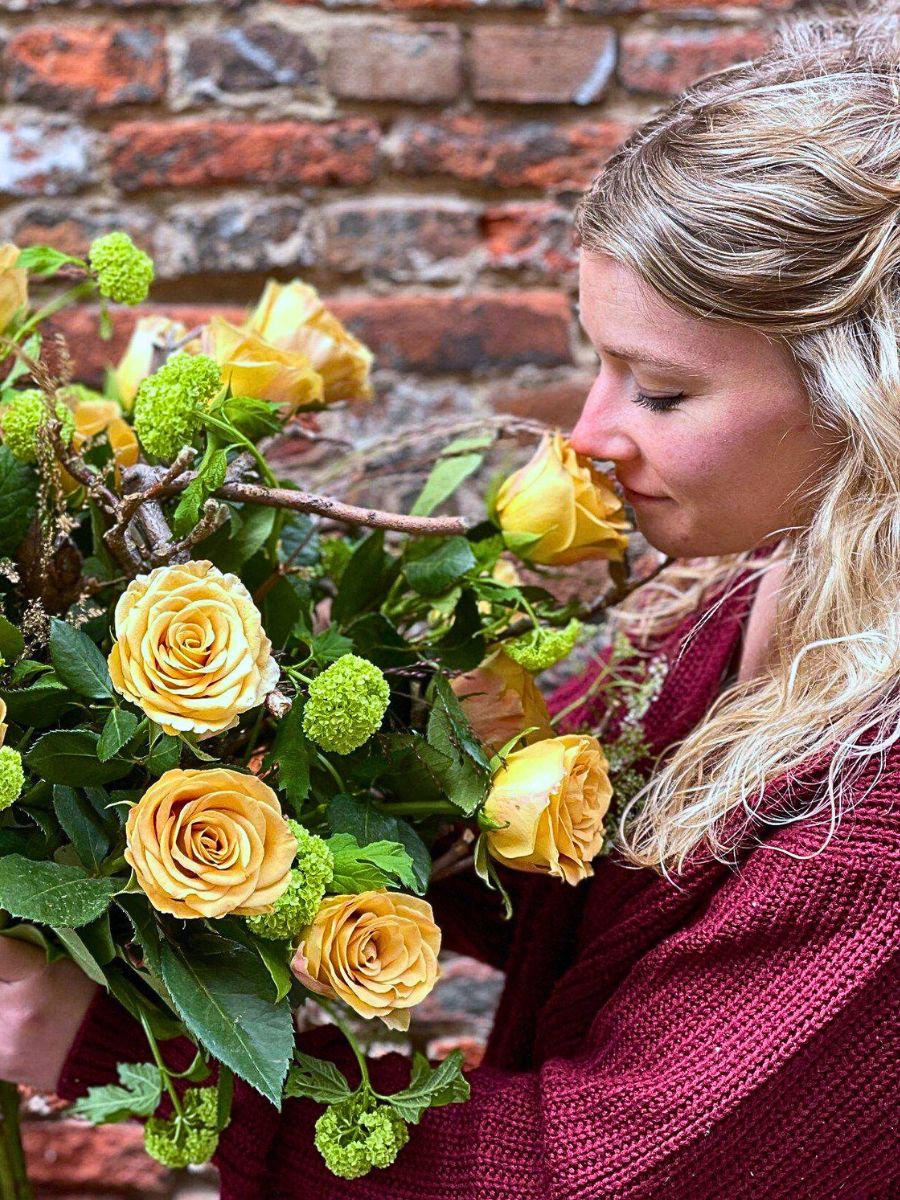
Photo by @decofreshroses
But if you follow your nose, you'll find that no sense can create a memory as lasting as the sense of smell. Thus, when buying flowers, don't forget about those peonies, lilies, roses, freesias, tuberoses, and lilacs, because they will inspire more than just sight alone.
Feature image by @jestempaulis, header image by Long_Phung.

